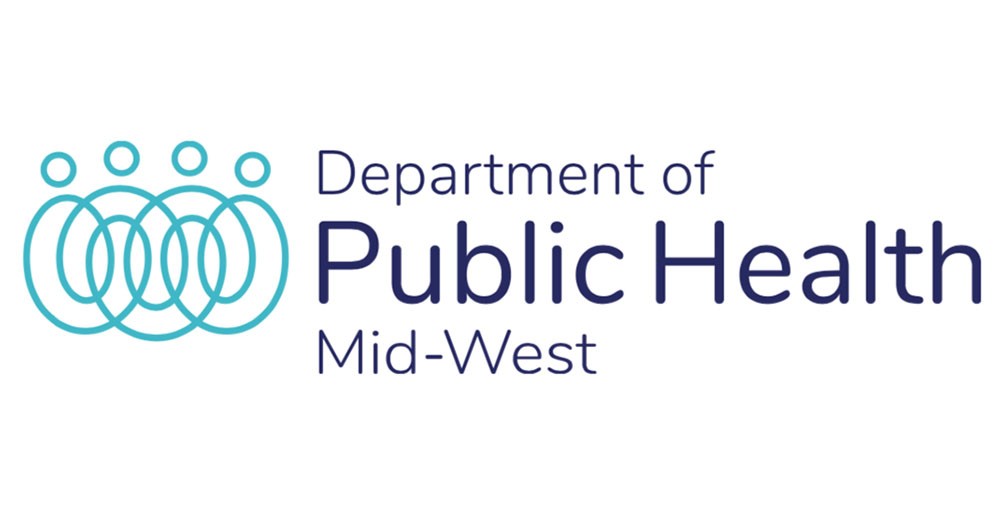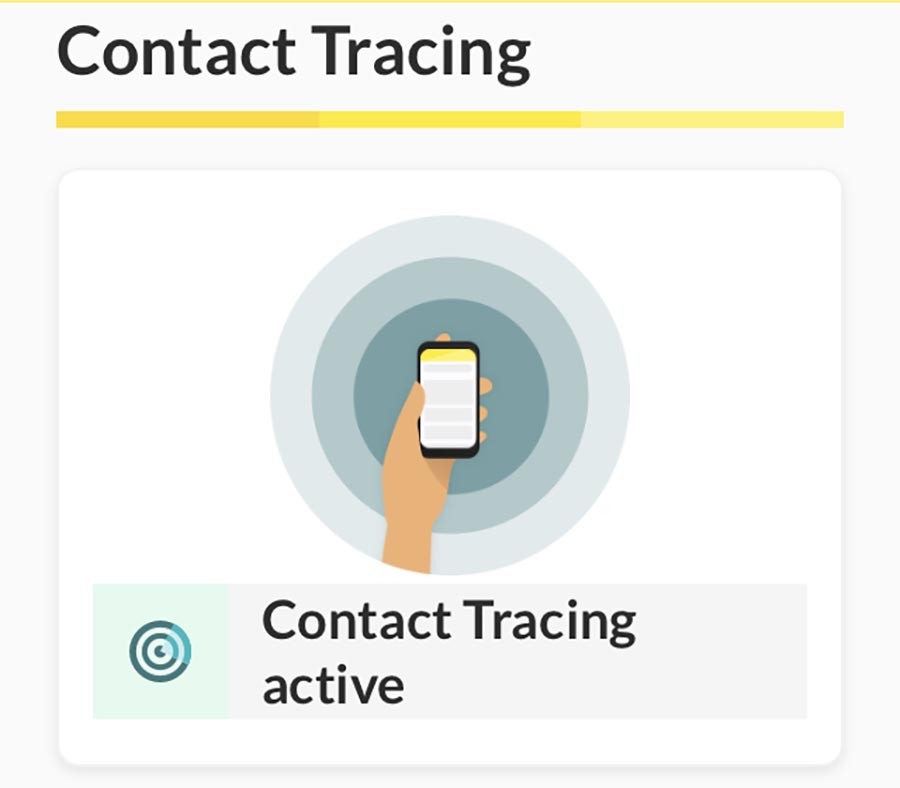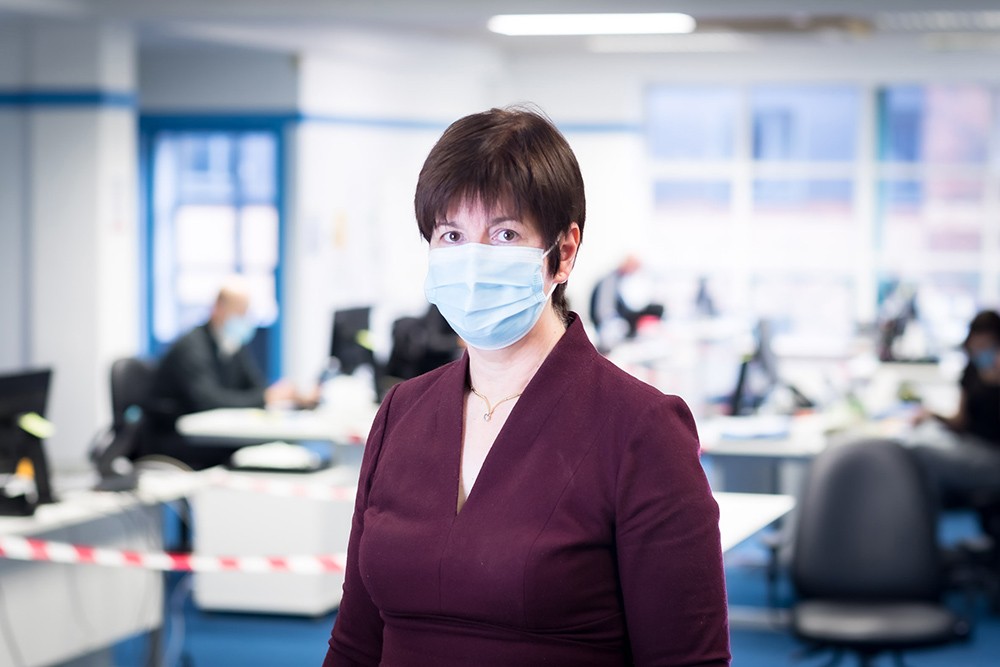
The Department of Public Health Mid-West is encouraging confirmed cases to speak openly with contact tracers who are investigating complex and serious COVID-19 outbreaks in Limerick, Clare and North Tipperary.
When a contact tracer phones an individual who is a confirmed case, it is a strictly confidential and private process to determine all possible points of exposure and potential links to other cases of COVID-19. It allows the Department to map the chain of transmission in a setting or community, and to prevent the further spread of infection in a timely manner.
It can be challenging to get the full range of close contacts in workplaces, particularly small workplaces, where some work colleagues may deny being a close contact, out of fear that the workplace may suffer due to reduction in staff or potential temporary closure. Temporary closure occurs very infrequently. Single workplace infections can lead to multi-household clusters and further secondary outbreaks if Public Health departments are not fully aware of all possible exposures.
In a small number of instances, we are also seeing hesitancy among young people to be fully forthcoming with information. For example, someone who attended a social gathering or visited a household may be reluctant to reveal details of these events, such as their close contacts, the number of people attending the gathering, or even admit that they attended the household or gathering.

We are seeing this similar pattern in all age groups, albeit in small numbers, in multi-household outbreaks in housing estates and communities across the Mid-West.
We often discover the extent of close contacts through follow-up phone calls with the individual or new confirmed cases. People can be hesitant to reveal their actions or their close contacts, out of fear that they may get others in trouble or that their personal information will be compromised. Our contact tracers are active in allaying these concerns and offering helpful advice on how to stay safe and protect others during your infectious period.
Dr Mai Mannix, Director of Public Health Mid-West, said: “There is no such thing as giving too much information to a contact tracer, but there are instances where information is scant. The less open you are about your movements and close contacts, the more challenging it is for us to investigate and prevent further outbreaks. You could be the first link in a long chain of transmission that infects someone very vulnerable, but you can break that link by following public health advice and being open with contact tracers.”

